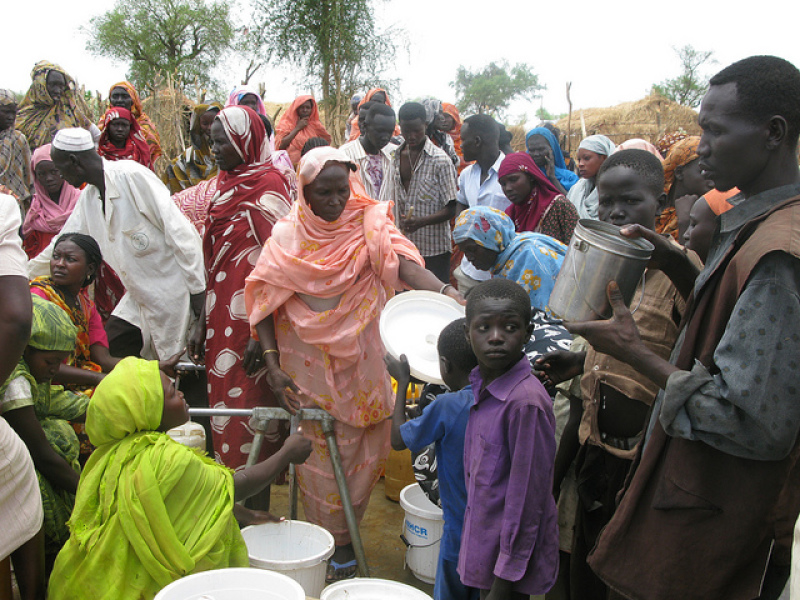
Humanitarian agencies are urging the international community to help provide food and resources in South Sudan, saying that as many as 5 million people will face extreme food shortages by the summer if agencies and governments do not act.
According to an update on February 20 from the agencies, more than 40 percent of South Sudan's population are "urgently" in need of food.
"More than one million children are currently estimated to be acutely malnourished across South Sudan; over a quarter of a million children are already severely malnourished. If we do not reach these children with urgent aid many of them will die," said Jeremy Hopkins, a UNICEF Representative in South Sudan, in a joint statement released by the Food and Agriculture Organization of the United nations (FAO), the United Nations Children's Fund (UNICEF), and the World Food Programme (WFP).
"We urge all parties to allow humanitarian organizations unrestricted access to the affected populations, so we can assist the most vulnerable and prevent yet another humanitarian catastrophe," Hopkins added.
The agencies also said that the food shortage crisis is "man-made," and is the result of years of conflict and violence in the country.
"It has not been sudden," George Fomiyen, a spokesman of the FAO at Juba told CNN. "Food insecurity, hunger, malnutrition has been getting steadily worse since the conflict started three years ago."
Humanitarian agencies are asking the government and donors for added efforts to help alleviate the crisis. Fomiyen told CNN that the FAO must secure more funds within the next six months to provide the resources needed in the country.
Perry Mansfield, the national director of World Vision which is partnering with the FAO to provide food in South Sudan, said that "if aid, funding and deliveries are not immediately scaled up we should expect to see children facing starvation."
"The rainy season is only weeks away and once that arrives the roads become impassable, meaning that millions of people will be cut off from aid," Mansfield said. "We have a small and rapidly closing window of opportunity to get food into these remote areas, to preposition it, before it is too late."



















